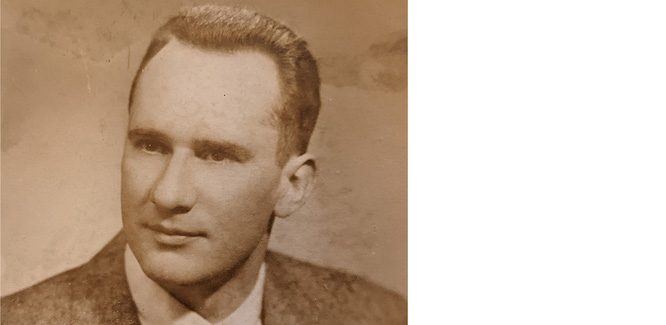
By Cynthia Leung
Seymour M. Miller, known most for his work as a scholar and activist, passed away on Oct. 26. He was 99 years old.
Miller graduated from Brooklyn College in 1943, earning a bachelor’s in economics. He then went on to pursue a master’s at Columbia University and another MA and doctorate at Princeton University. He mobilized organizers through legislative work informed by his knowledge within academia. He co-founded two publications, “Social Policy” and “Ideas for Action,” both of which have been influential in supplying community organizers with the morale and information for meaningful work.
Miller was active during the Civil Rights Movement of the 1960s. He co-founded and chaired the Social Science Advisory Committee of the Congress of Racial Equality. In August 1966, Miller met Dr. Martin Luther King Jr., building a friendship with the civil rights leader. Together, they developed a working partnership, with Miller drafting speeches, testimonies, and book chapters for King.
Miller’s work was recognized for its importance throughout his career. He earned leadership positions and fellowships from groups such as the Guggenheim Foundation, the Fulbright Fellowship, the Commonwealth Institute, and others. The American Sociological Association presented him with the Distinguished Career Award for the Practice of Sociology in 2009 to commemorate his work.
In conjunction with his organizing efforts, Miller taught at institutions such as Brooklyn College and Boston University. He was well-loved by his students, taking on a paternal role for those who sought guidance.
“He saw potential in people before they knew that about themselves,” Miller’s son, Edward, told The Vanguard. Although his father assisted many with his policy work, he also provided assistance on an individual level. Edward recounted that his father’s love for life and dedication to serving others was rooted in his experiences of receiving support when he needed it the most.
Miller’s childhood was one of uncertainty that included periods of homelessness. Until the 1970s, CUNY provided free education for students when Miller attended. On one occasion, a professor of Miller’s realized he couldn’t afford a textbook, and generously bought it for him.
As a father, Miller took every opportunity he could to provide a lesson for his children, Edward explained. His dedication to social justice is immortalized within the literature, policy, and the memories of those he has impacted.
Miller is survived by his two sons, Dr. Edward D. Miller and Jonathan F. Miller.
